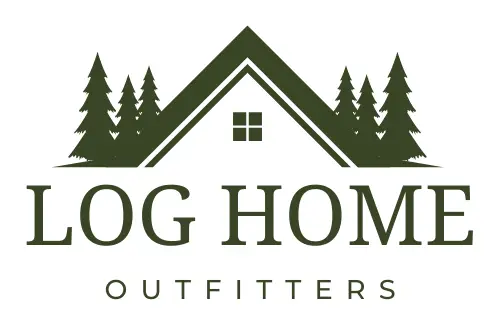The cost of keeping cool is on the rise.
Energy prices, at historic levels last year, continue to climb as global demand for energy increases and the country recovers from hurricane-related disruptions to domestic oil and natural gas production.
Heating, ventilation and air-conditioning (HVAC) manufacturers are responding to the challenges of increased energy costs by offering homeowners air-conditioning units that deliver new energy efficiency standards and reduce your energy usage.
For example, York®, a Johnson Controls Company, encourages consumers in search of an energy-efficient HVAC system to consider the York Affinity™ series of air conditioners.
The innovative scroll compressor technology in the Affinity series offers energy-saving efficiency in units with a seasonal energy efficiency ratio (SEER) of 13.
The 15 SEER model has an even higher-performing scroll compressor featuring a two-stage design.
This means when the air conditioner senses the need for maximum cooling, the compressor automatically shifts into two-stage operation.
And as the demand for cooling decreases, the compressor automatically reduces to a single-stage operation, requiring substantially less energy.
In fact, this unit is as much as 60 percent more efficient than a traditional air-conditioning unit.
The two-stage design also contributes to unusually quiet operation.
The unit can reach as low as 71 decibels (dB).
This is much quieter than a typical hair dryer, which operates in the range of 76dB.
For every three decibels quieter, perceived sound is cut by 50 percent.
Humidity control also increases with the two-stage design, air circulation improves and hot and cold spots disappear.
The York Affinity unit comes in a choice of seven colors or up to 77 different college logo panels to complement your home, landscaping and lifestyle.
There are additional ways you can keep your utility bills down:
• Make sure your indoor furnace or air handler filter is clean and free from debris, which could obstruct airflow and place a strain on your system, causing it to work harder and use more energy.
• Seal any air leaks, such as those near doors and windows and places where plumbing, ducting or electrical wiring goes through exterior walls.
• Make sure your home is properly insulated, including the hot water heater and hot water pipes, the attic, ceilings, exterior and basement walls, floors and crawl space.




